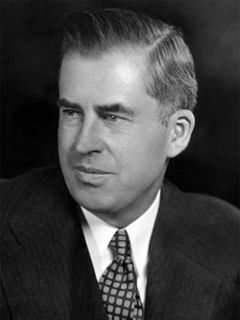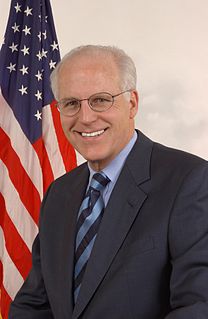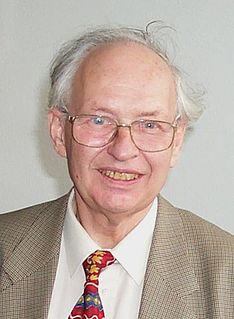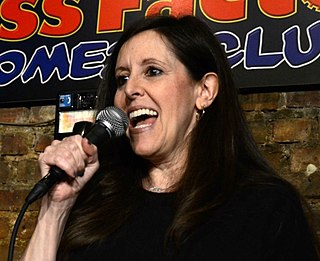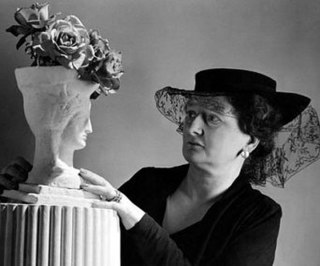A Quote by Elie Wiesel
The darkest days in my life after the war, after the war, was when I discovered that the ... most of the members and commanders of the Einsatz group that were doing the killings, not even in gas chambers, but killing with machine guns, had college degrees from German universities and PhD's and MD's. Couldn't believe it.
Related Quotes
During my childhood and teenage years, everything I knew was at war. My mother and father were at war. My sister and I were at war. I was at war with my atypical nature, desperately trying to fit in and be normal. Even my genes were at war - the cool Swiss-German side versus the hot-headed Corsican.
I was after a set of pictures, so that when people looked at them they would say, ‘This is war’-that the people who were in the war would believe that I had truthfully captured what they had gone through I worked in the framework that war is horrible. I want to carry on what I have tried to do in these pictures. War is a concentrated unit in the world and these things are clearly and cleanly seen. Things like race prejudice, poverty, hatred and bigotry are sprawling things in civilian life, and not so easy to define as war.
I have said, and I repeat, at the risk of appearing sacrilegious, that the gas chambers are a detail of the history of the Second World War... If you take a book of a thousand pages on the Second World War, in which 50 million people died, the concentration camps occupy two pages and the gas chambers ten or 15 lines, and that's what's called a detail.
When you say that after World War I there was a pandemic that killed more people than the war itself, most will say: "Wait, are you kidding? I know World War I, but there was no World War 1.5, was there?" But people were traveling around after the war, and that meant the force of infection was much higher. And the problem is that the rate of travel back then was dramatically less than what we have nowadays.
I was born in Breslau on October 5th, 1930. At that time, Breslau, now called Wroclaw, belonged to Germany, and only German was spoken there. After the Second World War, Breslau became Polish, and the original German population was almost completely replaced by a Polish one. I have never visited Wroclaw after the war.
You see that even the enemy did not dare to declare war against us till they had seized our generals, for they were sensible that, while we had commanders and yielded obedience to them, we were able to conquer them; but, having seized our commanders, they concluded that we should, from a want of command and discipline, be destroyed.
WE MADE A MONSTER OF HITLER, A DEVIL. THAT IS WHY (THEREFORE) WE COULD NOT AFTER THE WAR SAY OTHERWISE. WE HAD PERSONALLY MOBILISED THE MASSES NEVERTHELESS AGAINST THE DEVIL. THUS WE WERE FORCED AFTER THE WAR, TO PLAY ALONG WITH THIS DEVILS' SCENARIO. WE COULD NOT POSSIBLY HAVE MADE OUR PEOPLE CLEAR (TO THEM) THAT THE WAR WAS ONLY AN ECONOMIC PREVENTATIVE MEASURE!
The men who were well enough to stand had moved across the carriage to cheer the Italians as they went past. A crutch waved out of the window; bandaged forearms made the Red Salute. It was like an allegorical picture of war; the trainload of fresh men gliding proudly up the line, the maimed men sliding slowly down, and all the while the guns on the open trucks making one's heart leap as guns always do, and reviving that pernicious feeling, so difficult to get rid of, that war *is* glorious after all.
You look at the Russian side: They're defending their territory from the beginning. They move west to destroy the Nazis. And they take out the guts of the German war machine per Winston Churchill, who said that they won the war. From the beginning, we were hostile to the guys who had saved how many American lives by their repulsion of the Nazis? I think the Americans lost 400,000 in the whole war. And the Americans knew it at the time. They gave Joseph Stalin credit. He was the man of the year, cover of Life magazine in 1943; he was a hero.
It has to be an actress like Marion Cotillard [in Allied] because there are so many levels to it. It's set in the Second World War, when lots of people were doing things that, outside of a war, you wouldn't do, like killing and dropping bombs. She's doing things that one wouldn't approve of, but it's war.
During the war one accepted indifferent after-dinner coffee as a necessity, but when, after the war, one sought to find the coffee remembered of days gone by, one found disappointment. I was looking for the rich after-dinner coffee that literally curdled cream if anyone was foolish enough to spoil it with cream.

